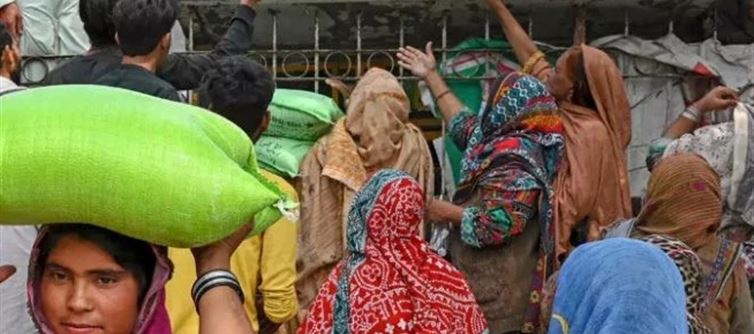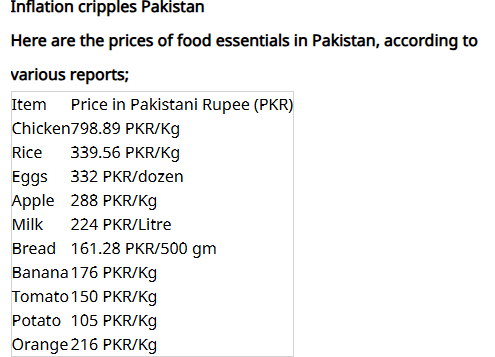
According to media reports, the cost of basic foods like rice, flour, fruits, vegetables, and chicken has skyrocketed, and the situation is only going to get worse because the central government, led by prime minister Narendra Modi, stopped bilateral trade between india and pakistan in retaliation for the pahalgam attack.
How end of bilateral trade with india will hurt Pakistan's economy?
Details show that bilateral trade between india and pakistan was worth Rs 3838.53 crores during the most recent fiscal year. The majority of this trade occurred through the now-closed Attari-Wagah border in Amritsar, Punjab. This number also includes imports from afghanistan and other nations that enter india through pakistan, according to the Land Port Authority of India.
Following the pahalgam terror assault, india blocked the Attari-Wagah border, cutting off this profitable trade route and further harming Pakistan's already collapsing economy.
Pakistan may face a shortage of medicines, other items
In addition to harming Pakistan's economy, India's suspension of bilateral trade will result in a shortage of necessities in the neighboring nation, such as food and medication. In addition to gypsum and rock salt, india exports large quantities of different essential pharmaceuticals, chemicals, fruits, vegetables, poultry feed, and dry fruits to Pakistan.
With the borders fully closed and trade with india suspended, experts predict that pakistan will experience a severe scarcity of medications and other necessities. Furthermore, because of the limited availability, the prices of these items will skyrocket, contributing to Pakistan's inflation. The suspension of economic links with india has reportedly prompted Pakistani health officials to take emergency steps to secure medication supplies. According to reports, between 30 and 40 percent of Pakistan's pharmaceutical raw ingredients are imported from India.





 click and follow Indiaherald WhatsApp channel
click and follow Indiaherald WhatsApp channel